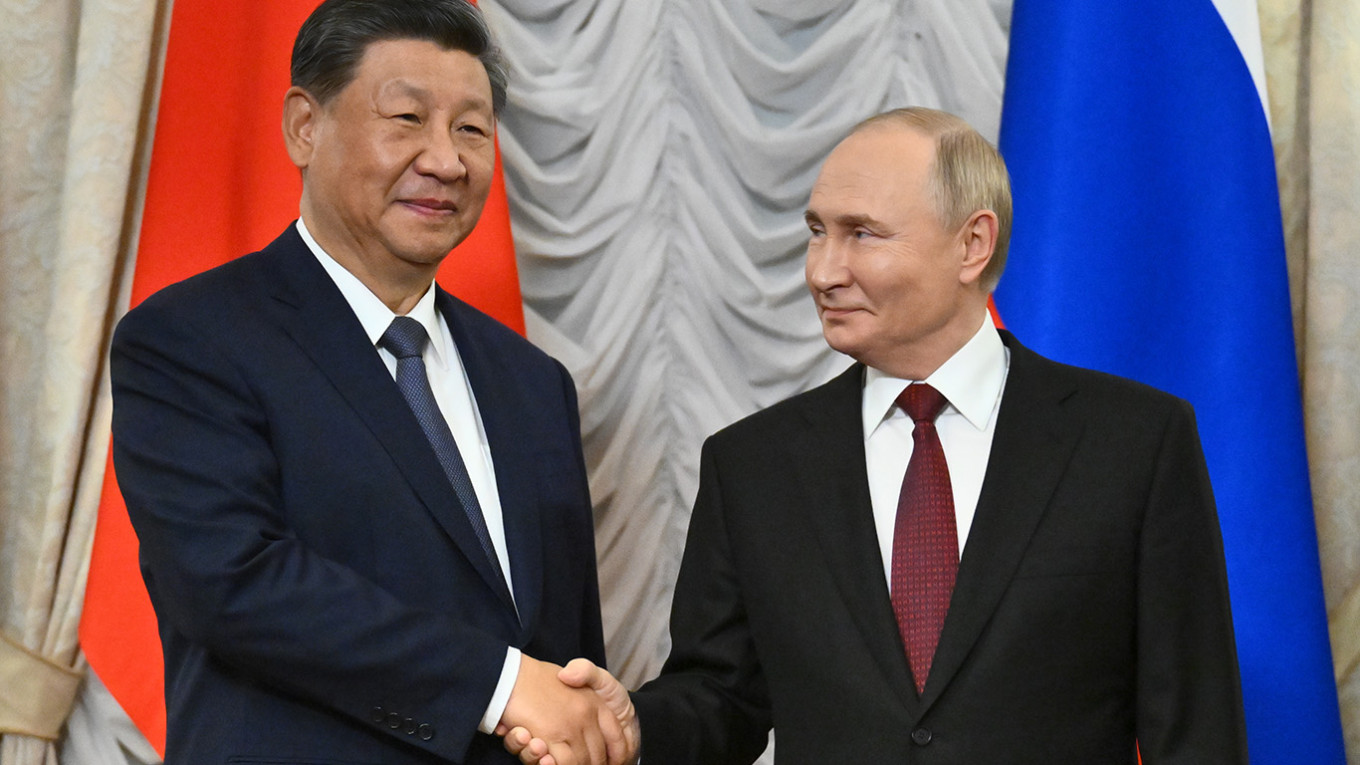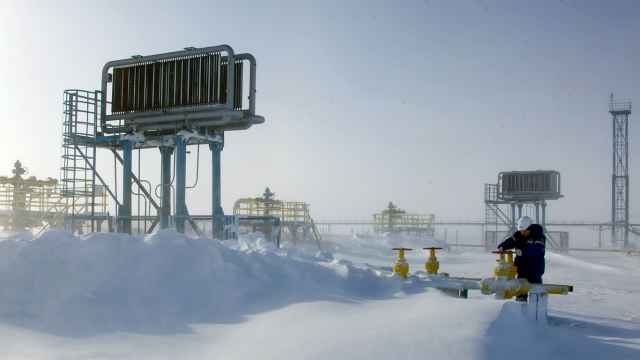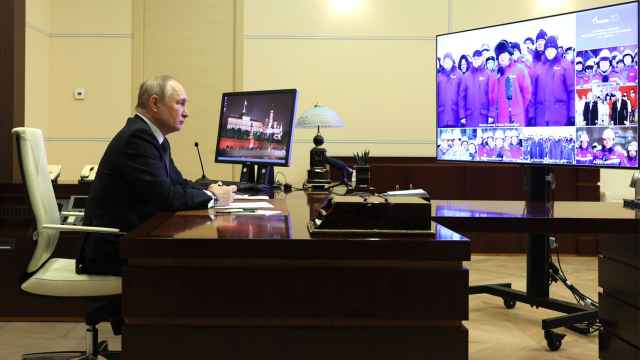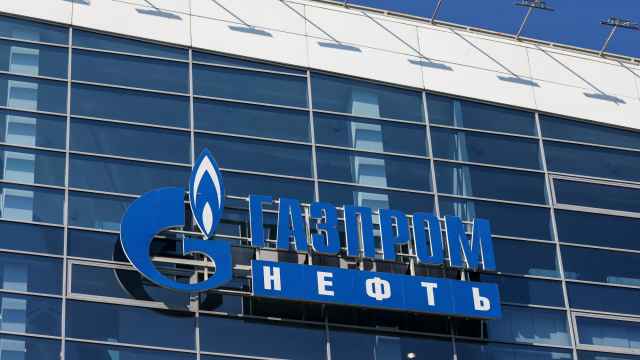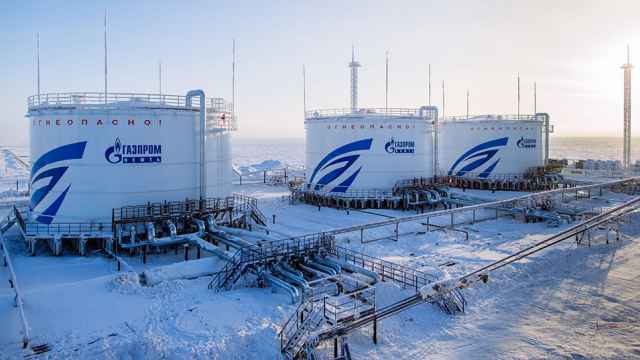Russian President Vladimir Putin and Chinese counterpart Xi Jinping will revisit discussions on the long-delayed Power of Siberia 2 gas pipeline during Xi’s visit to Moscow this week for Victory Day commemorations, Bloomberg reported Wednesday, citing people familiar with the matter.
Putin first proposed Power of Siberia 2 to Xi in 2022, a project that would increase Beijing’s purchases of Russian gas to offset the loss of European market share following the invasion of Ukraine. But China has yet to give the project the green light, insisting that gas supplied via the pipeline should be priced at Russia’s heavily subsidized domestic rate.
China may now be willing to consider a higher price, potentially somewhere between the domestic Russian rate and what China currently pays for gas via the original Power of Siberia pipeline, Bloomberg cited its anonymous sources as saying.
Despite the revived talks, a final agreement is not expected to be signed during Xi’s visit, sources told Bloomberg.
The first Power of Siberia pipeline came online in 2019 and reached its full capacity of 38 bcm per year by the end of 2023.
The second phase, if completed, would transport gas from Russia’s Yamal fields — previously a key supply source for Europe — along a planned route via Mongolia to China. Yet Chinese officials are reportedly pushing for a more direct route that would avoid Mongolia, Bloomberg said.
Since the invasion of Ukraine in 2022, Russia has heavily relied on the Chinese market to make up for its lost exports to Europe. Before the war, Russia exported over 150 billion cubic meters of gas annually to Europe.
But even if all pipelines to China — existing and potential — were utilized to capacity, they would deliver only 98 bcm per year: 38 bcm from the first Power of Siberia, 50 bcm from the proposed second pipeline and 10 bcm from a Far Eastern route.
Russian deliveries to Europe and Turkey are expected to drop to 40 bcm this year, according to BCS forecasts — a decrease of 10 billion from 2024 due to the end of Russian natural gas transit through Ukraine.
Meanwhile, the European Union is moving to eliminate Russian energy imports completely.
On Tuesday, the European Commission unveiled a long-promised plan to phase out its remaining gas imports from Russia by the end of 2027. The plan would require energy companies to disclose the details of their Russian gas contracts with energy and security authorities.
Gazprom, once the centerpiece of Russia’s economic influence in Europe, expects to export just 47 bcm to Europe and Turkey this year — five times less than in 2019. Between 2025 and 2034, the gas giant anticipates a cumulative budget shortfall of 15 trillion rubles ($179 billion at current exchange rates).
A Message from The Moscow Times:
Dear readers,
We are facing unprecedented challenges. Russia's Prosecutor General's Office has designated The Moscow Times as an "undesirable" organization, criminalizing our work and putting our staff at risk of prosecution. This follows our earlier unjust labeling as a "foreign agent."
These actions are direct attempts to silence independent journalism in Russia. The authorities claim our work "discredits the decisions of the Russian leadership." We see things differently: we strive to provide accurate, unbiased reporting on Russia.
We, the journalists of The Moscow Times, refuse to be silenced. But to continue our work, we need your help.
Your support, no matter how small, makes a world of difference. If you can, please support us monthly starting from just $2. It's quick to set up, and every contribution makes a significant impact.
By supporting The Moscow Times, you're defending open, independent journalism in the face of repression. Thank you for standing with us.
Remind me later.


